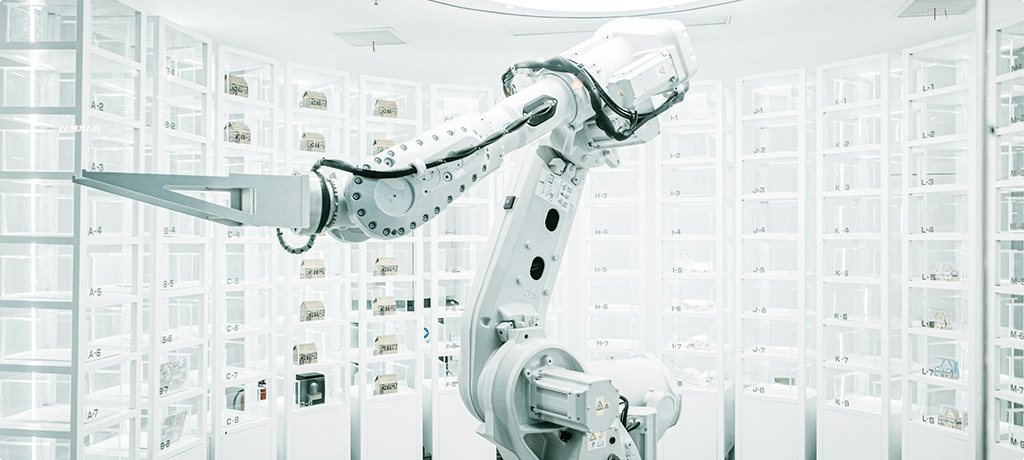
Seamlessly integrate AI capabilities into existing systems and software
We offer tailored AI Integration solutions that align with your organization’s unique requirements.
Process of Integrating AI into Existing Infrastructure:
Integrating AI into existing infrastructure involves a systematic approach to ensure seamless collaboration between AI technologies and established systems. The process typically includes the following steps:
- Requirement Analysis: Understand the client’s business objectives, challenges, and existing infrastructure to identify areas where AI can add value.
- Data Assessment and Preparation: Analyze the data available within the organization to determine its quality, completeness, and suitability for AI applications. If needed, data may be preprocessed and augmented to improve AI performance.
- AI Model Development: Develop AI models tailored to the specific requirements and use cases identified during the requirement analysis phase. This may involve selecting suitable algorithms, training the models on relevant data, and optimizing hyperparameters.
- API Integration: Create APIs to enable communication between the AI models and the existing infrastructure or applications. APIs allow seamless data exchange and model integration.
- Security and Compliance: Address security concerns and ensure compliance with data privacy regulations during AI integration. Implement measures to protect sensitive data and secure AI components.
- Testing and Validation: Thoroughly test the integrated AI solution to ensure its functionality, accuracy, and performance. Validate results against expected outcomes and real-world scenarios.
- Deployment and Monitoring: Deploy the integrated AI solution into the production environment. Monitor its performance, gather feedback, and make necessary improvements to ensure optimal results.
Case Studies of Successful AI Integrations:
- AI-Driven Chatbot Integration (E-Commerce): A retail company integrated an AI-driven chatbot into its website to provide real-time customer support. The chatbot efficiently handled customer queries, reduced support costs, and improved customer satisfaction.
- AI-Powered Predictive Maintenance (Manufacturing): A manufacturing plant integrated AI-based predictive maintenance systems into its equipment. The AI models detected anomalies and potential failures, allowing the plant to schedule maintenance proactively and minimize downtime.
- AI-Enabled Sales Forecasting (Retail): An online retailer integrated AI models for sales forecasting. The AI system analyzed historical sales data, external factors, and market trends, enabling the company to optimize inventory levels and boost sales performance.
Our Company’s Capacity to Adapt AI to Diverse Client Needs:
Our company takes pride in its ability to adapt AI solutions to diverse client needs. Our expertise lies in:
- Customized Solutions: We tailor AI solutions based on each client’s specific requirements, industry, and objectives.
- Domain Knowledge: Our team comprises experts with domain-specific knowledge, allowing us to understand client challenges better and deliver more relevant AI applications.
- Agile Development: We adopt agile development methodologies to adapt quickly to changing client needs, ensuring timely and effective AI integration.
- Scalable Solutions: Our AI integrations are designed to scale with the client’s growth, accommodating increasing data volumes and user demands.
- Continuous Support: We provide ongoing support and maintenance to ensure the smooth functioning of integrated AI solutions and make necessary updates as technology evolves.
By combining our technical expertise with a client-centric approach, we deliver AI integrations that unlock the true potential of AI, transforming businesses and driving success across diverse industries.
[Contact Us] for a free AI assessment of your systems and how the integration can help your organization in different ways.
REFERENCES:
Transforming Microsoft’s enterprise IT infrastructure with AI






